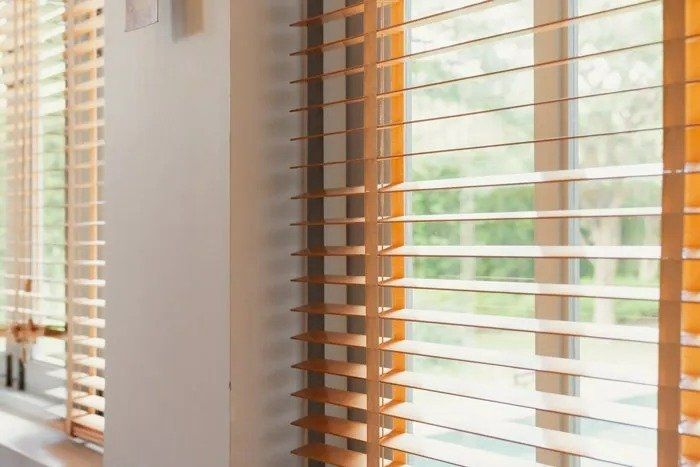3 Energy-Efficient Window Coverings

Windows can be the cause of a lot of heat loss and gain, which wastes energy in your home. While energy-efficient windows can minimize heat gain and loss through windows, no window design completely prevents this problem. However, you can reduce this heat loss and gain even further by choosing the energy-efficient window coverings.
Read on to learn about three energy-efficient window covering types that can help you reduce home cooling and cooling costs without sacrificing style.
Cellular Shades
Cellular shades, also called honeycomb blinds, are considered the most energy-efficient window coverings available today. These shades contain many air pockets that act as additional window insulation when the blinds are closed. However, all cellular shades vary slightly in design, and some designs provide more insulation than others.
The two main factors that affect the insulation value of cellular shades are the shade pleat size and the number of fabric layers incorporated into the shades When selecting cellular shades with maximum energy efficiency in mind, opt for a larger pleat size and several layers of air-trapping cells.
Single cell shades are made with just one layer of air-trapping cells, while double and triple cell shades are made up of several layers of cells. Triple cell shades provide the most insulation.
The R-value of cellular shades can vary from about two to five, depending on the shade design. R-value is a measure of resistance to heat flow, and materials with higher R-values provide more insulation than those with lower ones.
Plantation Shutters
If you prefer window blinds over shades, then consider covering your windows with plantation shutters, also called plantation blinds. Unlike traditional blinds that hang loosely over your windows, plantation shutters are mounted tightly to your window frames and, when shut, trap air between the shutters and your window glass. This pocket of air provides additional window insulation to prevent window heat loss and gain.
Both vinyl and wood plantation shutters are available. Vinyl shutters have a slightly higher R-value of about 3.17 compared to wood shutters with an R-value of about 2.77. However, some plantation shutters can have higher R-values than this.
For maximum energy efficiency, ensure your shutters are mounted onto window frames properly and that blind louvers, or slats, join together tightly when blinds are shut.
Thermal or Insulated Drapes
If you love the appearance of traditional, flowing window drapes or curtains, then you can use this window covering type to increase window energy efficiency. Many factors affect the R-value of curtains and drapes, including the drape material, thickness, density, and color, along with whether or not the curtains are equipped with a thermal lining.
How your drapes are installed also affects their insulation value - drapes that close tightly to form an air pocket between the fabric and the windows prevent window heat loss and gain much more effectively than drapes that hang loosely around window frames.
For maximum energy efficiency, choose drapes that are heavy, made of thick, tightly-woven fabric, and covered with a thermal backing. All of these features help reduce heat transmission through the drapes.
Ideally, all drapes should run from the ceiling to the floor instead of just covering the window itself to eliminate air gaps above and below the curtains. An additional step you can take to increase the window insulation that drapes provide is to apply magnetic tape to curtain edges to encourage them to join tightly together when closed.
You may not realize that the window coverings you choose can affect your home heating and air conditioning costs. However, the right window coverings can help reduce your home energy bills by preventing heat loss and gain through your windows. Contact the window covering experts at Tailor Made Draperies, Inc., to begin designing new custom window coverings for your home today.




